Toyota rolled out an all-electric pickup concept during the Japan Mobility Show. Sized slightly smaller than the automaker’s current, midsize Tacoma model, it offers a number of unique features, including a pass-through bed. Toyota hasn’t confirmed production plans but is widely expected to add an EV pickup as it ramps up its electrification program.
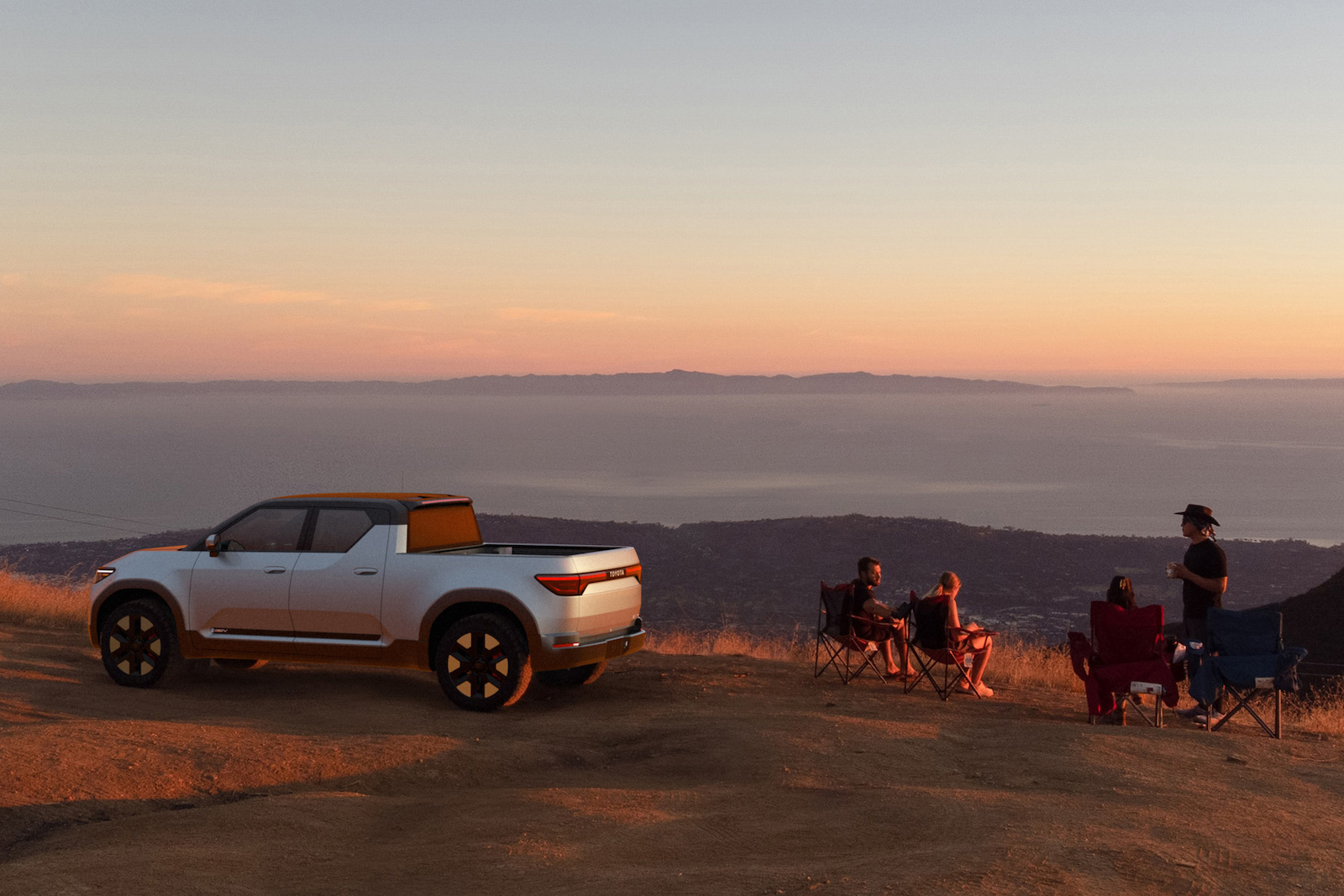
Toyota’s rolled out a slew of all-electric concepts at the Japan Mobility Show, including the EPU pickup.
Toyota unveiled an assortment of all-electric vehicles during a media preview of the first-ever Japan Mobility Show, including an all-electric pickup dubbed the EPU.
The automaker did not elaborate on production plans, but it confirmed that it will expand its EV program since a change in senior management this year that saw Koji Sato replace electric vehicle skeptic Akio Toyoda as its global CEO.
At 199 inches in total length, the EPU concept comes in slightly shorter than the redesigned 2024 Toyota Tacoma with a comparably sized bed.
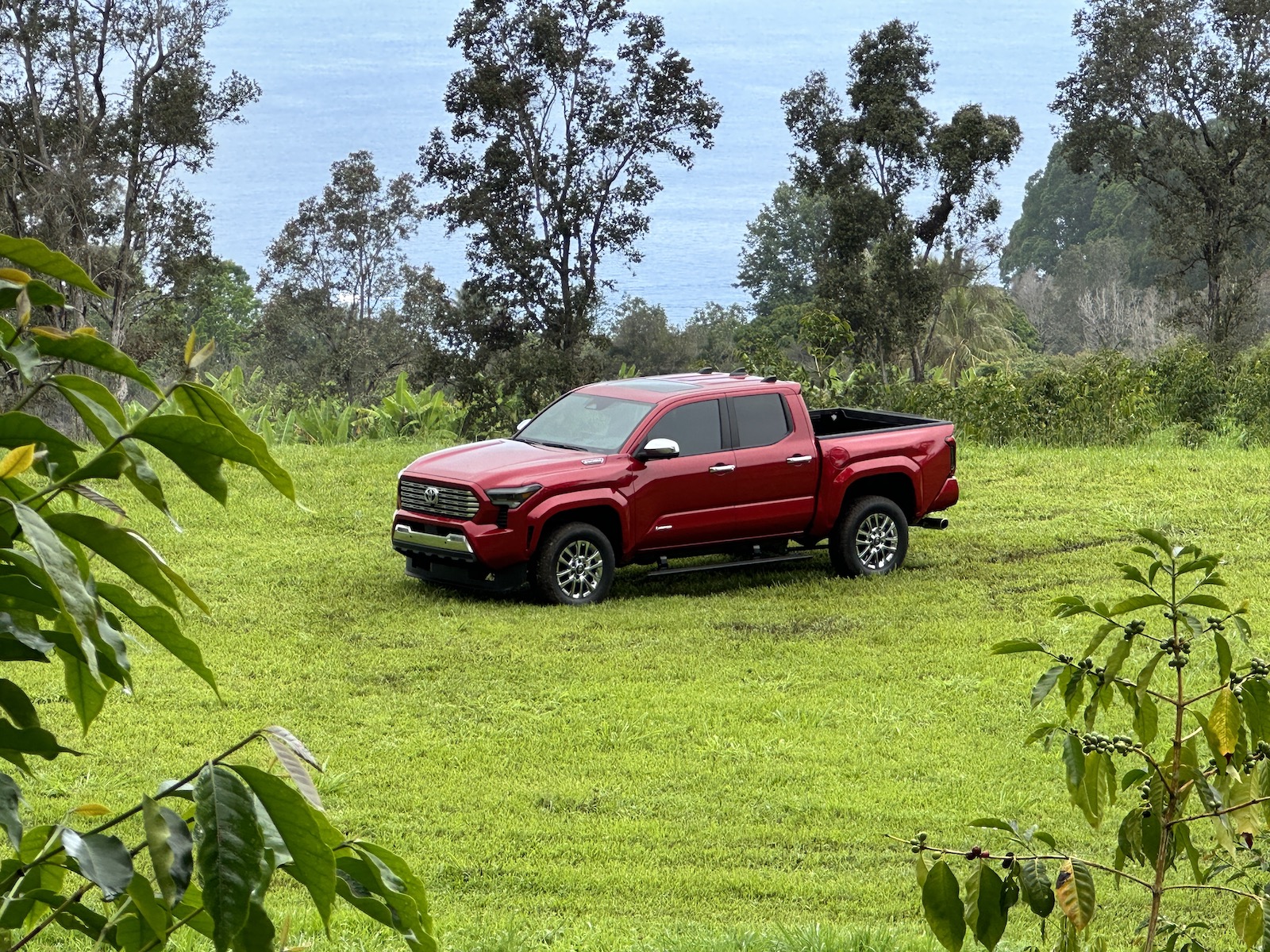
At 199 inches in total length, the EPU concept comes in slightly shorter than the redesigned 2024 Toyota Tacoma with a comparably sized bed.
“It’s not meant to compete against Tacoma,” according to Kevin Hunter, president of Toyota Motor Corp.’s Calty Design Research. The North American design studio developed the EPI concept and, Hunter said, it’s aimed at “just a different customer. They’re doing extreme outdoor activities, off-roading. So this is designed for more casual users.”
Design language and functionality
The EPU concept adopts a fairly conventional pickup design language, unlike some other prototypes, like the Ram Revolution, that have pushed styling to extremes. The most obvious and immediate difference from Tacoma can be seen up front where the Toyota EV adopts more narrow headlights, a broad light bar and a sealed grille.
Like most modern EVs, EPU is based on a skateboard-like platform with its batteries and motors mounted under the load floor. That means no air is required to flow into a traditional engine compartment, though low-mounted scoops on the nose of the concept do allow air to pass into the battery compartment to keep it cool.
Toyota did not indicate whether there is a frunk, or front trunk, under the hood. That’s become something of a standard feature for other EV pickups, like the Ford F-150 Lightning, Rivian R1T, Chevrolet Silverado EV, providing additional storage — and frunks can be closed and locked, something normally not available on a pickup.
There are a few distinctive features shown on the EPU starting with a passthrough that allows extended-length goods placed in its bed — such as lumber, to stretch into the rear seating area of the pickup. It’s not unique, however, as Ram showed the idea off on the full-size Revolution concept, and a pass-through is available on the Silverado EV, which is just going into production.
Yoke’s on you
Inside, the Toyota EPU opts for a yoke-like alternative to the conventional steering wheel. Toyota has already indicated it will be adding a similar design to the performance version of its all-electric Lexus RZ SUV, however.
Under Akio Toyoda, the Japanese giant planned to introduce a small lineup of EVs. But, as demand grows globally — and as regulators begin pressing for a switch to zero-emissions technology — Toyota announced plans to expand its family of all-electric vehicles. It had included a pickup truck in an earlier announcement.
Whether the EPU reveals with a production model will look like is unclear, however.
The market for battery-powered trucks has been growing, as have the number of entries. Ford already markets the Lightning, and Rivian the R1T. Chevy just began delivering commercial versions of the Silverado EV. And a small number of Tesla Cybertrucks have landed in U.S. showrooms, with the automaker expected to officially start sales late next month.
But there are new questions about how strong demand will be for EV pickups, especially after initial demand from early adopters is filled. Ford saw a 46% year-over-year drop in sales during the third quarter of this year, even as it prepares a major increase in production capacity at the Lightning plant in Dearborn, Michigan.
GM last week said it was delaying the reopening of an EV plant in the Detroit suburbs where it will build the Silverado EV and GMC Sierra EV, noting it is “reevaluating” market demand.
Tesla CEO Elon Musk last week said the automaker has about 1 million advance reservations for Cybertruck, though production capacity is limited at about 150,000 annually. And he indicated it could take years for the program to become profitable, warning that with Cybertruck, “We have dug our own grave.”

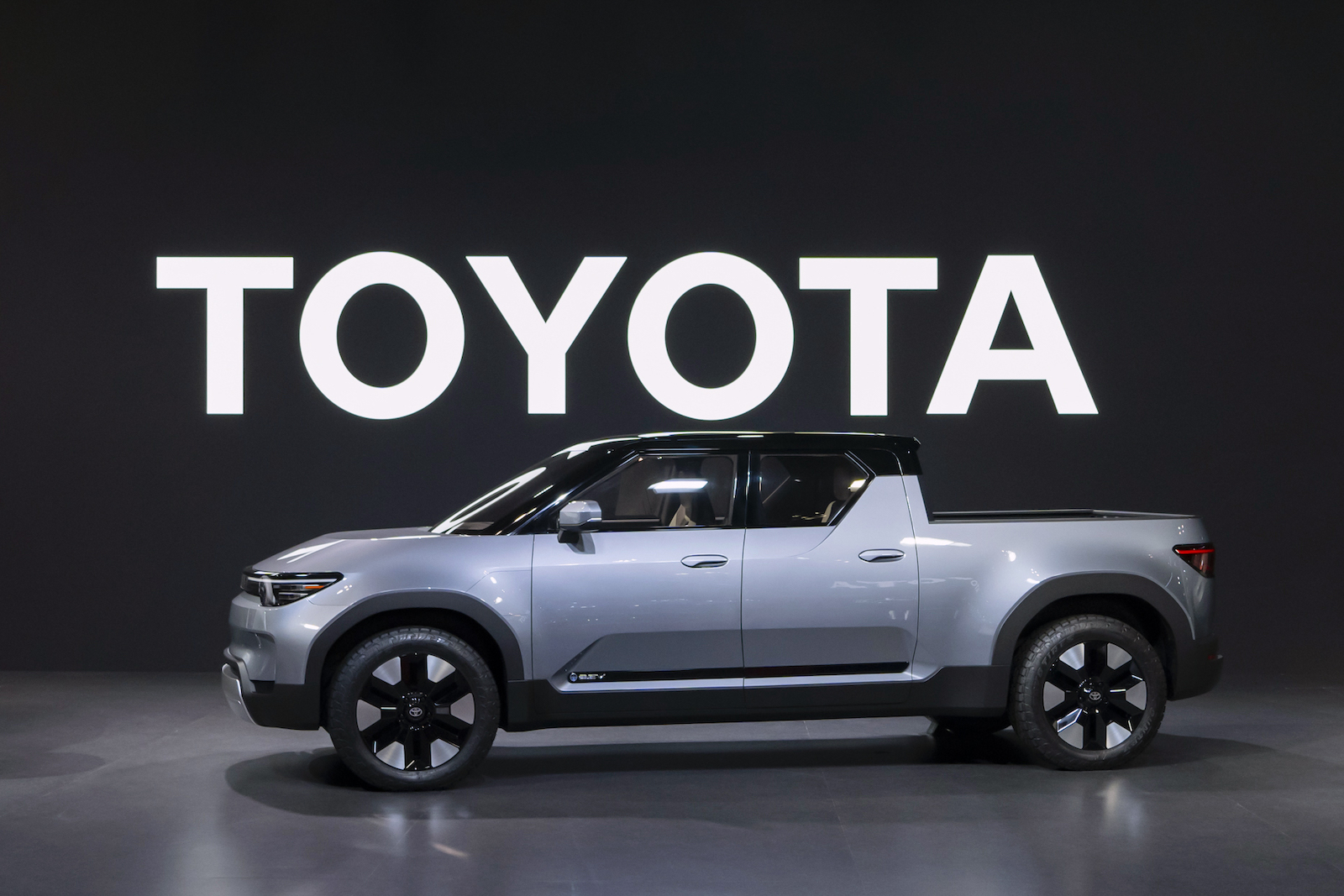
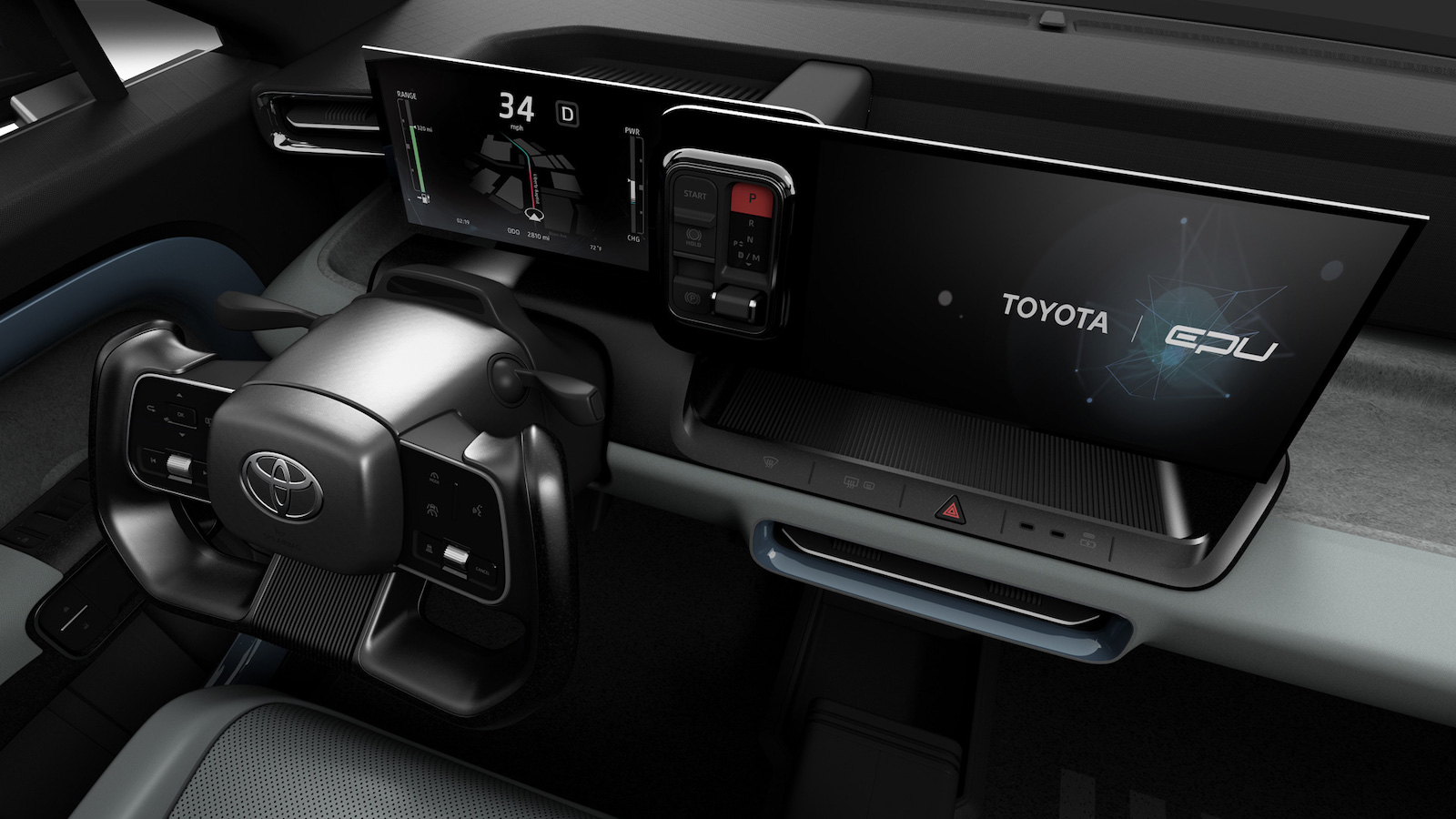
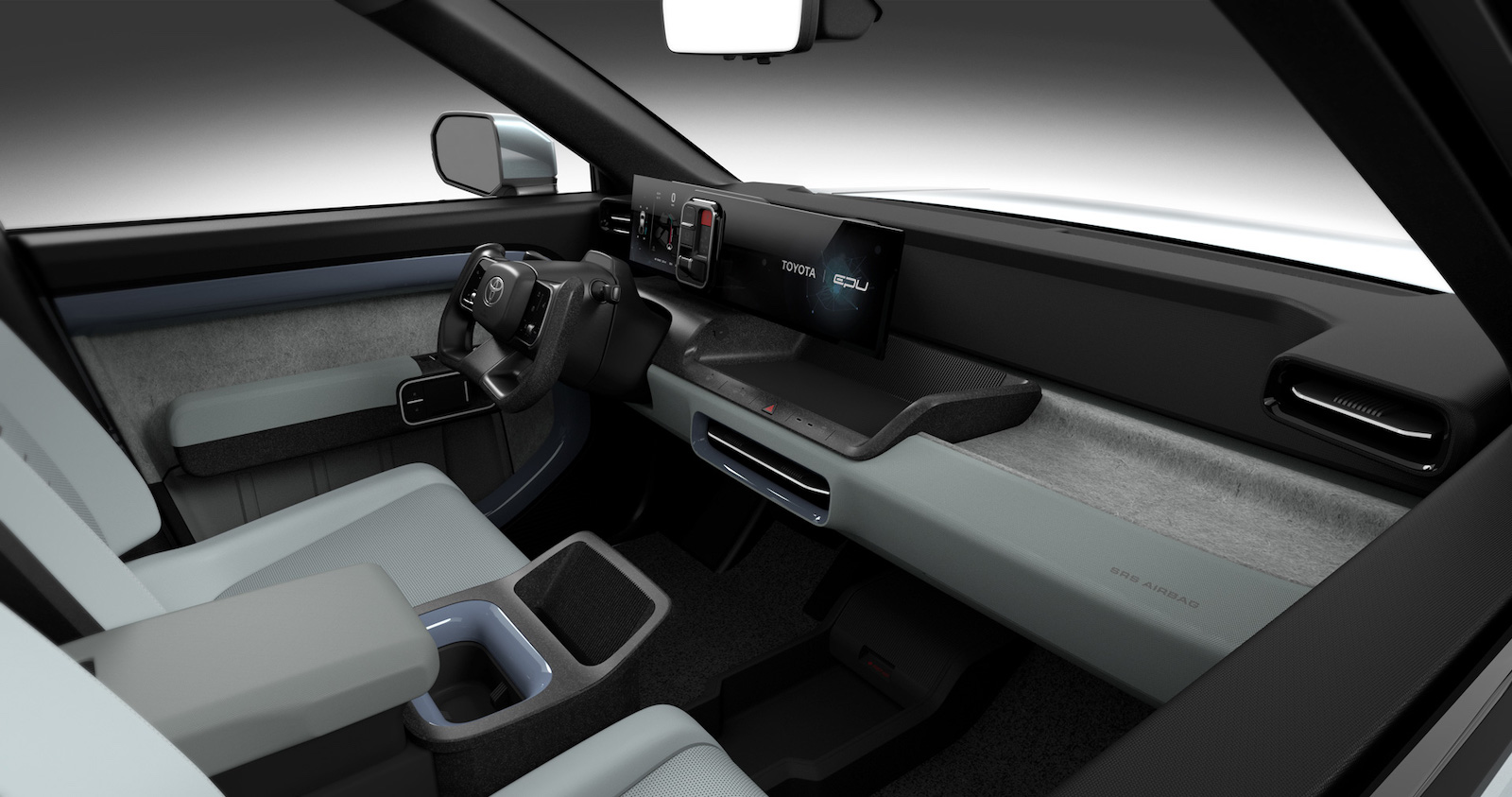
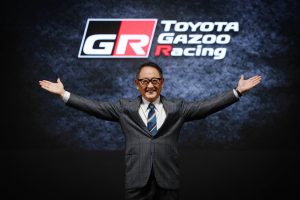
0 Comments